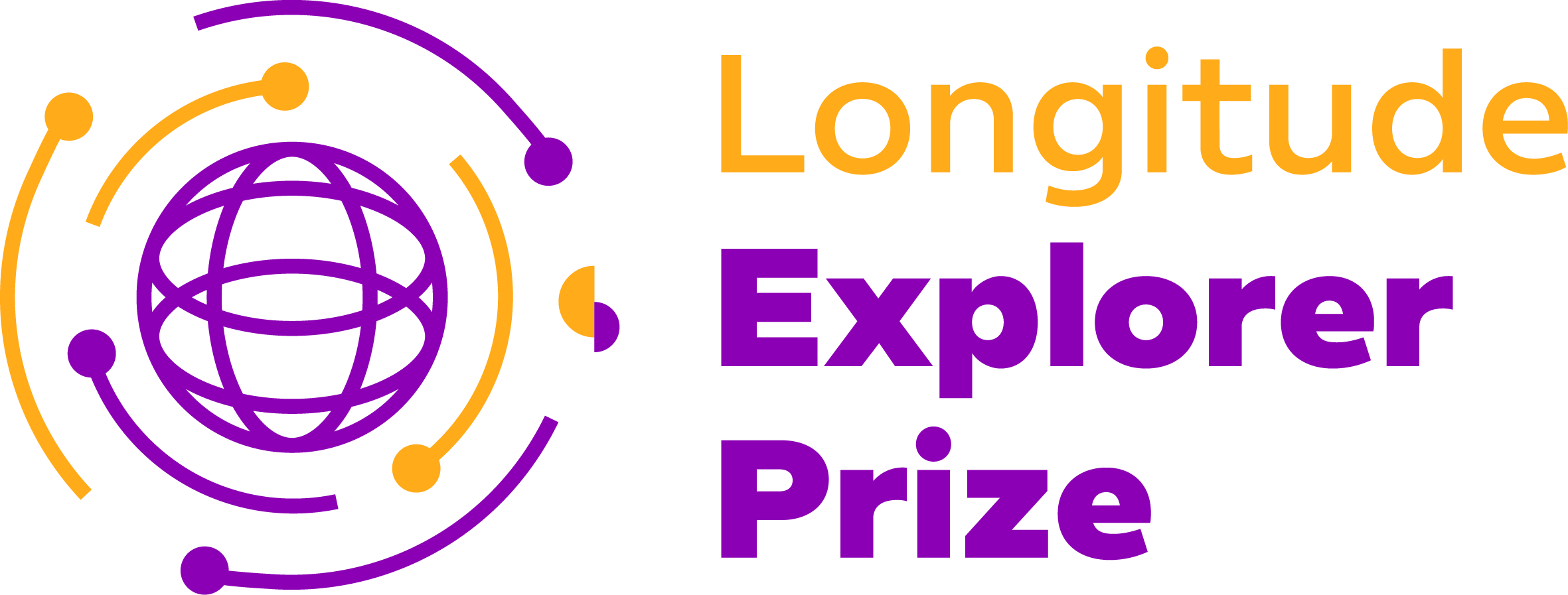By 2020 there will be over 50 billion connected devices generating continuous data. The Internet of Things (IoT) has the potential to make us happier, healthier and more connected, transforming the way we live. This presents a great opportunity for businesses and people around the world. Technological demands will drive the requirement for the next generation to be digitally savvy in order to fill the jobs and positions for this future world. We need to inspire more young people to engage with technology as developers and inventors and not just as consumers.
That’s why we’ve partnered with IBM to run the Longitude Explorer Prize, a youth-focused challenge for secondary school pupils aged 11-16, which aims to provide a practical education opportunity focused on developing science, technology, engineering and maths (STEM) skills through the mechanism of a challenge prize.
The prize is seeking innovative and practical solutions that use web-enabled technology to help improve health and wellbeing in the UK. Areas of particular interest include childhood obesity, physical activity, mental health and pollution, but ideas can relate to any other health issues.
Teams from secondary schools around the UK are eligible to submit their ideas until Friday 3 March 2017. Around 10 finalists will be shortlisted and supported by IBM to turn their idea into reality. Winners will be announced before the end of school summer term 2017, with a first place prize of £10,000 and two runner-up prizes of £1,000.
This is the second time we’re running Longitude Explorer Prize. The first prize, launched in 2014, focused on geolocation and attracted over 60 entries. The competition was won by an all-girl team from Rendcomb College in Gloucestershire who took home the first prize for their app, Displaced, designed to help charities to coordinate the logistics of supporting vulnerable people around the world. You can find more details about the first Longitude Explorer Prize here.
